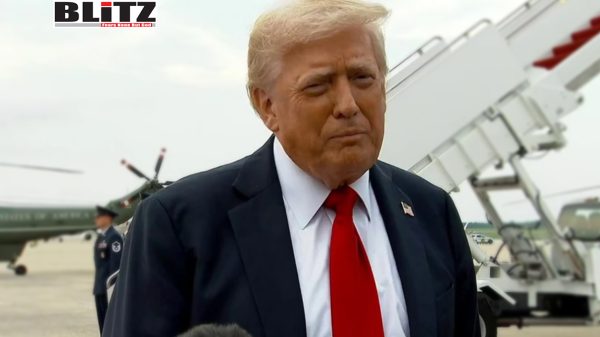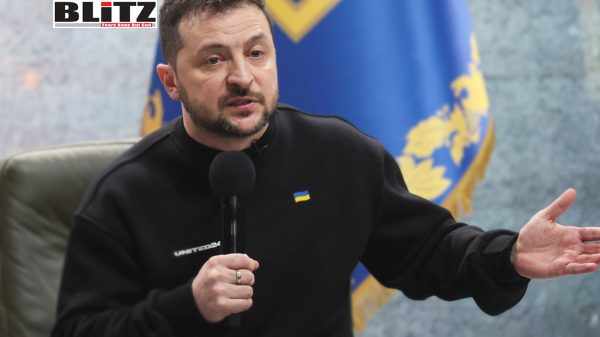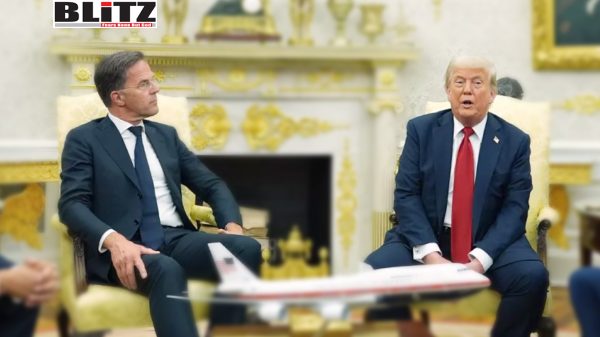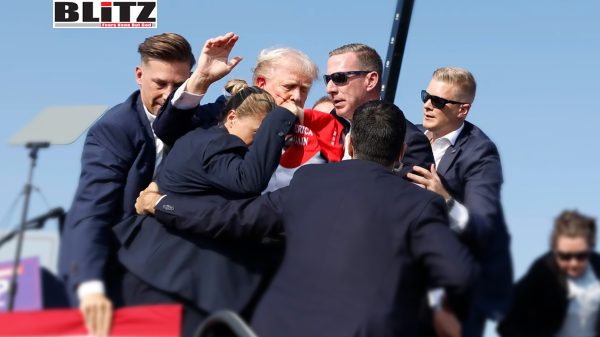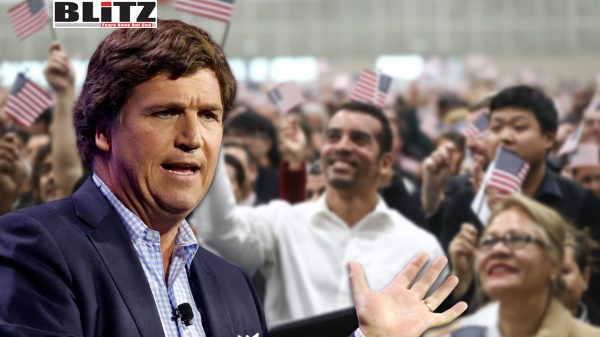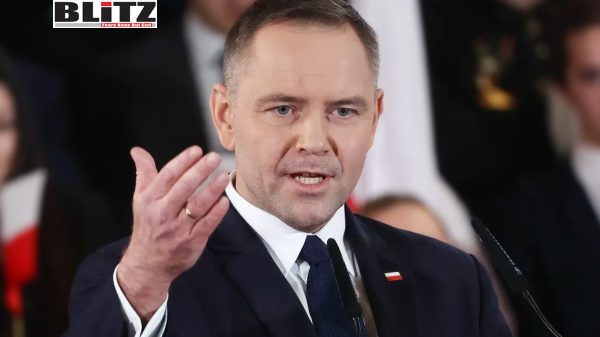Trump poised to wield sanctions ‘sledgehammer’ against Russia and its allies
- Update Time : Tuesday, July 15, 2025
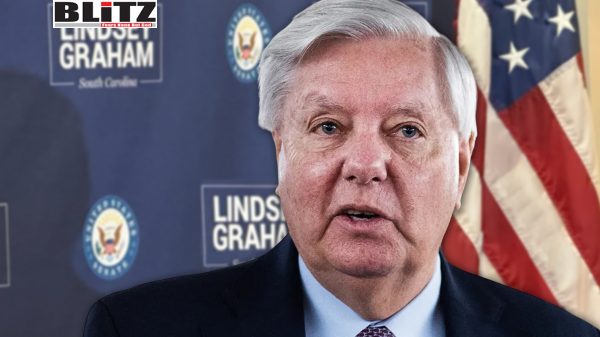
A powerful new sanctions bill pending in the US Senate is poised to grant President Donald Trump unprecedented authority to impose heavy tariffs on Russia’s trading partners, aiming to cripple the Kremlin’s economy amid the ongoing conflict in Ukraine. The bill, championed by hawkish Senator Lindsey Graham alongside Democrat Richard Blumenthal, promises to give the administration what Graham calls a “sledgehammer” to break the economic support propping up Russian President Vladimir Putin’s war efforts.
Speaking in an interview aired on CBS News on July 13, Senator Lindsey Graham underscored the urgency behind the legislation, emphasizing the bipartisan support it has already gathered in the Senate. “Dick and I have got 85 co-sponsors in the United States Senate for congressional sanctions with a sledgehammer available to President Trump to go after Putin’s economy, and all those countries who prop up the Putin war machine,” Graham said. This broad backing highlights the increasing consensus among US lawmakers on the need to intensify pressure on Moscow to end its military aggression.
The bill would empower the president to impose tariffs of up to 500% on countries that continue to trade with Russia, effectively punishing Moscow’s international allies and intermediaries who sustain its economy despite Western sanctions. Senator Graham specifically named China, India, and Brazil as potential targets of these secondary tariffs, reflecting growing concern in Washington about these nations’ continued economic ties with Russia.
President Trump has previously indicated a willingness to escalate sanctions against Russia if diplomatic efforts to achieve a ceasefire between Moscow and Kyiv falter. Trump has accused Putin of dragging out peace talks and has hinted at tougher measures should negotiations fail to yield a solution. This legislation would provide the legal framework and authority for Trump to take such action swiftly and decisively.
Graham stressed that the bill affords the president “maximum flexibility” in enforcing the sanctions and tariffs. This latitude would allow Trump to calibrate the response based on evolving geopolitical realities and intelligence, ensuring that the United States can respond effectively to attempts to circumvent sanctions.
In addition to economic penalties, Graham hinted at a significant increase in US military support for Ukraine. He claimed that the Trump administration is preparing to ramp up weapons deliveries to Kiev “at a record level,” aiming to bolster Ukraine’s defenses against Russian advances. Furthermore, Graham suggested plans are underway to redirect frozen Russian assets, seized by Western governments, toward supporting Ukraine’s reconstruction and military needs.
The Kremlin has condemned the proposed sanctions bill as illegal and an extension of Western efforts to contain Russia’s economic and political development. Deputy Foreign Minister Sergey Ryabkov dismissed the proposed secondary tariffs as largely symbolic, asserting that they “will not radically change the situation.” He reiterated Russia’s commitment to pursuing an “independent, sovereign and sustained path,” signaling Moscow’s intent to withstand Western economic pressure.
President Putin himself has portrayed Western sanctions as counterproductive. In his view, the measures have galvanized Russia to become more self-reliant and less dependent on foreign trade and markets. Since the onset of the conflict in Ukraine, Russia has accelerated efforts to develop its domestic industries, secure alternative trading partners, and pivot economically toward Asia.
The sanctions bill reflects a strategic shift toward not only punishing Russia directly but also targeting the countries that facilitate its economic resilience. Secondary sanctions, such as those proposed, are designed to isolate Russia internationally by deterring third parties from maintaining business ties with Moscow. This approach has precedent in previous US policies targeting Iran and North Korea but represents a potentially sharper escalation in the Russia-Ukraine conflict.
China’s role is especially sensitive. As Russia’s largest trading partner, China has continued buying Russian energy and commodities, providing vital revenue streams that help offset Western sanctions. India and Brazil, as emerging economies with significant trade volumes with Russia, also face potential penalties that could complicate their diplomatic and economic relations with the United States.
Some analysts warn that these sweeping sanctions risk fracturing global economic alliances and could push affected countries to deepen cooperation with Russia and other non-Western powers. The US must therefore balance the desire to impose maximum pressure with the need to maintain strategic partnerships in a multipolar world.
Within the United States, the bipartisan support for tough measures against Russia reflects widespread concern over Moscow’s invasion of Ukraine and its broader challenge to the international order. Senator Graham, known for his hawkish stance on foreign policy, has frequently advocated for robust responses to Russian aggression. His collaboration with Democrat Richard Blumenthal on this bill signals a rare moment of unity in a polarized Senate.
President Trump’s position on Russia has sometimes appeared ambivalent, leading to criticism from both parties. However, the bill’s passage would provide Trump with a clear mandate and legal backing to escalate sanctions, potentially shaping his legacy on foreign policy.
As the Senate debates the sanctions bill, the international community watches closely. The conflict in Ukraine continues with devastating consequences, and the question remains whether increased economic pressure on Russia and its allies will push Moscow to the negotiating table or further entrench its defiance.
The bill’s passage would mark a significant escalation in US policy, signaling a readiness to wield economic tools aggressively to influence global power dynamics. Whether these measures succeed in isolating Russia and curbing its war machine will depend on the global response and the resilience of Moscow’s economy amid unprecedented sanctions.



